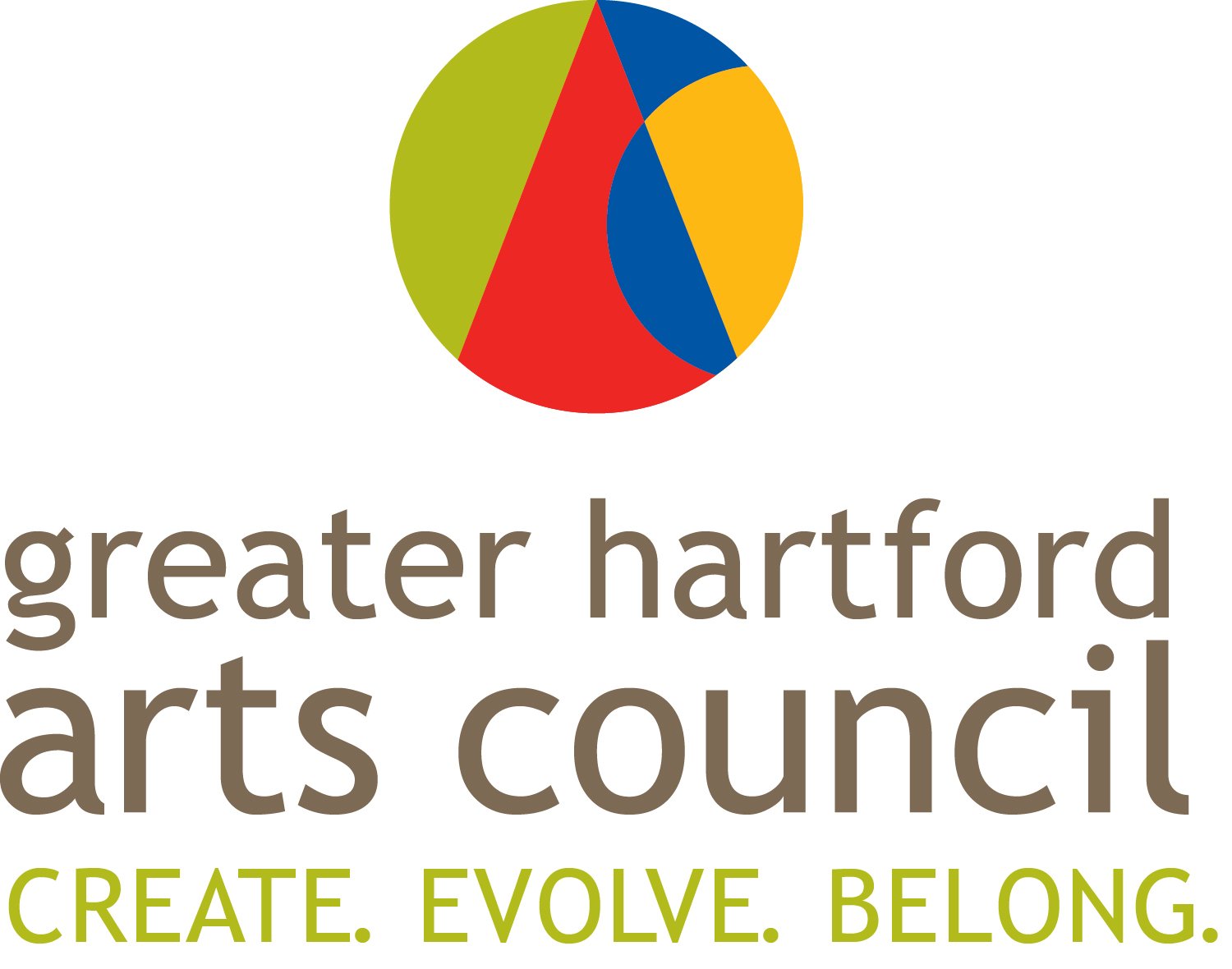The Restless Artist: Diana Aldrete on Academia and Endless Creativity
How many readers grew up with boundless energy? Whether it’s playing in a park, taking after school music lessons or cooking with a parent, creativity is instilled within us at an early age.

This is how Diana Aldrete remembers growing up. She was never bored; much of her time was spent drawing, cooking, writing, singing, and more. As a professor of Hispanic Studies at Trinity College, Aldrete has gradually incorporated creativity into her practice – not just in lesson planning, but in pedagogy as well. Hispanic Studies might not be the first class you’d expect to make space for artistic creativity. However, Aldrete asks her students about their personal creative pursuits, and it surprises them that she wants to know their interests outside of the classroom. Going above and beyond in this way has helped her form stronger connections with her students, and some of these conversations have led them to pursue their creativity even further.
“Being attentive…that’s what artists do.”
In one instance, Aldrete was teaching a course on Immigration, and let the students choose whether to write a traditional research paper or create something unconventional to pair with their research. For example, a student majoring in neuroscience chose to paint. After putting it up for sale, they donated all of the proceeds to help immigrant families in need. In an effort to maintain this connection with her students in the pandemic, Aldrete led a virtual art session where she learned that one of her students was going to pursue art therapy for a career. Arts and academia have a mutually beneficial relationship. In an interview for Hartford Public Library’s “Big Read,” asked how academia has helped her in the arts, Aldrete cited the skill of time management: When you’re young, it is much easier to devote energy to a creative flow when inspiration hits; as an adult, it becomes more and more important to structure one’s creative flow to break up the day.

Aldrete has been based in Hartford for most of the last 15 years, and one of her favorite aspects of the local arts scene is the geographic and thematic proximity of our region’s various arts institutions and cultural offerings. The reader may remember us promoting a multi-week virtual art workshop Aldrete ran with LGA Blog alum Rebecca Maloney last summer. Guess where they met? La Sala Femme, a curated evening of performances featuring Black femmes, womxn of color, non-binary and queer artists of color, produced by Hartford’s own Jasmin Agosto and her company, SageSeeker Productions. Aldrete and Maloney were sitting next to one another and struck up conversation. As things tend to happen in our local arts scene, this conversation between kindred spirits led to the aforementioned collaboration and a lasting friendship.

As both an artist and educator, Aldrete has felt the impacts of the COVID-19 pandemic in multiple ways. If you had a chance to view Zulynette’s “A Little Bit of Death,” you may have seen Aldrete’s segment “Return to Self,” a combination of bilingual singing and storytelling, accompanying herself on electric guitar. She hadn’t seen her artistic pursuits as much more than a hobby, but the pandemic served as a catalyst for her to think of art as part of her identity. The same catalyst coincided with a massive change at Trinity College, where the student community has been advocating for more faculty of color, both on the current roster and that of the future. Aldrete knew she could address this change in her curriculum, too. She has since started incorporating art history into her classes on Latin American femicide, connecting students to lesser known but significant contemporary figures, beyond Frida Kahlo and Diego Rivera. As someone who received a full scholarship to art school and almost went to culinary school before delving into the world of academia, Aldrete serves as a shining example of how the arts and education work in tandem with one another.
- Dan Deutsch, Marketing & Communications Manager
GHAC
